Tesla is Facing Growing Competition From Chinese EV Startup Xpeng Motors With its More Affordable P7 Sedan
【Summary】While Tesla's new Shanghai factory gives the company a foothold in the world’s biggest auto market for the first time, Tesla is facing growing competition from a new crop of electric vehicle startups following in its footsteps and hoping to grab a piece of China’s growing EV market.
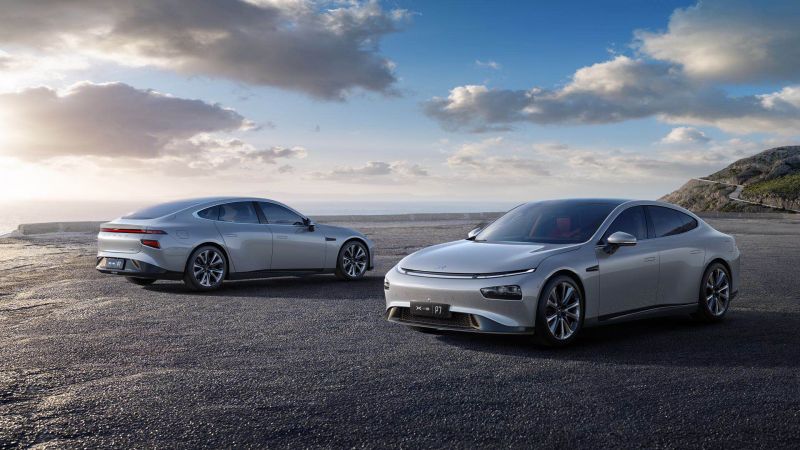
Now that Tesla Shanghai factory is up and running again after China's mandatory coronavirus lockdowns, the California automaker has resumed building the Model 3 sedan locally, avoiding steep import tariffs in the process. It's Tesla's only production facility outside of the U.S.
However, the challenges for Tesla's mass-market EV don't just end there. While the new factory gives Tesla a foothold in the world's biggest auto market for the first time, the company is facing growing competition from a new crop of electric vehicle startups following in Tesla footsteps and hoping to grab a piece of China's growing EV market.
The Model 3 is in store for some tough new competition in China from Xpeng Motors, which is a point of worry for Tesla as it must maintain a strong foothold in the country to remain profitable.
Xpeng Motors was inspired by Tesla, and studied many of its open source patents in developing its own electric models. The company also offers the G3 SUV.
Xpeng unveiled its new "Tesla fighter" this month, the P7 fully-electric sedan. The price of the P7 starts at around $US33,000 (RMB 229,900), about 25% less than the Model 3.
To qualify for EV subsidies offered by the Chinese government, qualifying vehicles must cost less than RMB 300,000 ($42,362), promoting Tesla to slash the price of its Made-in-China Model 3 sedan by 10%.
Even with the extra discount, the Standard Range Plus Tesla Model 3 gets a price tag of RMB 271,550 ($US38,463) which is still more expensive than the equivalent entry-level Xpeng P7 variant.
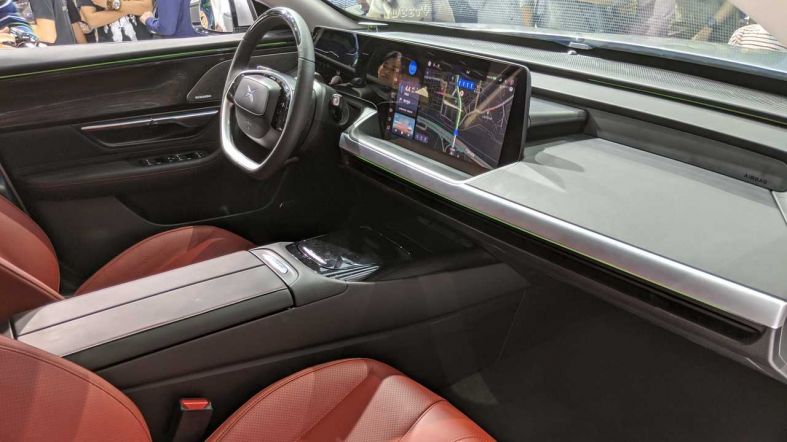
The interior of the P7 sedan includes a widescreen display.
Tesla Model 3 vs. Xpeng P7: Performance
As compared to the Performance variant of Tesla Model 3, the top of the line Xpeng P7 is a bit slower, taking 4.3 seconds to accelerate from 0 to 60 mph. Whereas Tesla's Performance Model 3 makes the same sprint in just 3.2 seconds.
The Xpeng P7 does however, earn back some points with its impressive range of 706 kilometers which is around 439 miles, making it the longest range EV in China. The range of Tesla Model 3, on the other hand, maxes out at 322 miles respectively.
Tesla Model 3 vs. Xpeng P7: Perks
Both the Tesla Model 3 and Xpeng P7 offer autonomous driving capabilities, but Xpeng's XPILOT and the vehicle's Xsmart OS manages to steal the spotlight from its American counterpart from Tesla. The P7 also comes packed with cutting-edge technology.
The P7 has five millimeter wave radars, twelve ultrasonic sensors, and fourteen cameras, all of which relay data to a powerful Nvidia Xavier computer for autonomous driving. Xpeng's Xsmart OS also bestows the driver with AI-powered vision and natural language voice interaction capabilities.
The P7 also includes driver monitoring technology, constantly keeping an eye out to make sure the driver is always paying attention when the P7 is on the road.
The Xpeng P7 also gets other important creature comforts, such as cool ambient lighting and an advanced surround-sound audio system, which are missing in Tesla's more expensive Model 3.
Tesla's brand image is still working in the company's favor but the electric automaker might have to up its game to keep up with all of the advanced technology found in Xpeng's P7 electric sedan.
Back at home, Tesla doesn't have as much strong competition just yet, but the electric automaker has been struggling to restart vehicle production after much of the U.S. auto industry has been dealing with plant closures due to the coronavirus pandemic. The crisis has led to the suspension of virtually all vehicle manufacturing in the U.S.
Tesla thought it had received some good news when California Governor Gavin Newsom announced last week that the state will be easing its shelter-in-place restrictions which will allow Tesla to resume operations at its Fremont, California facility.
However, Governor Newsom's announcement conflicts with that of Alameda County, where Tesla's factory is located. As of today, the county is still not allowing Tesla to reopen the factory over safety concerns surrounding the coronavirus pandemic, although Tesla went ahead and opened the plant anyway, defying the order.
In a series of angry tweets, Tesla Chief Executive Elon Musk even threatened to move Tesla headquarters out of the state if he cannot reopen the factory that employs around 10,000 workers.
It would have been a welcomed break for Tesla, as it had to suspend production in China in February during the mandatory lockdowns intended to prevent the spread of the coronavirus, which shut down all of the company's manufacturing.
However, now that Tesla is slowly resuming vehicle production in China, competition from new EV startups like Xpeng Motors are raising the bar with their own technology packed electric vehicles like the P7 sedan that cost less than the vehicles offered by Tesla.
Other Chinese EV startups, including NIO, are offering equally innovative electric models, so Tesla's path to profitability in China may not be an easy road.
-

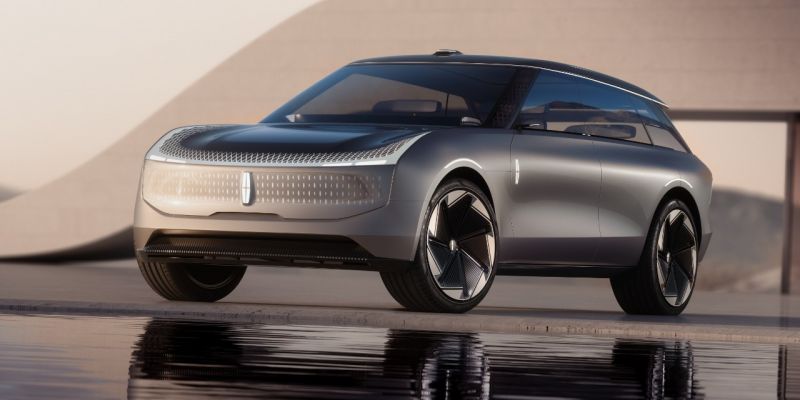
Ford's Lincoln Star Concept Offers a Glimpse into the Electric Future of the Luxury Brand
-

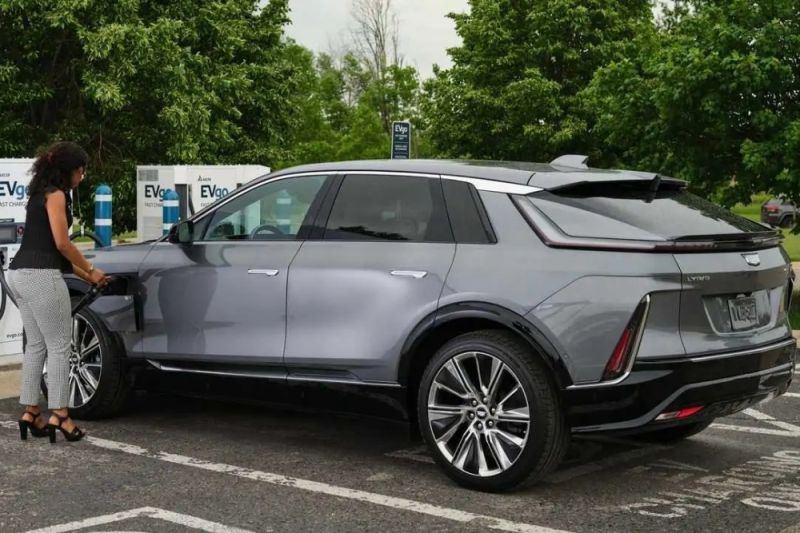
GM's New 'Plug And Charge' Feature Will Simplify the Charging Process For its Current & Future EVs
-

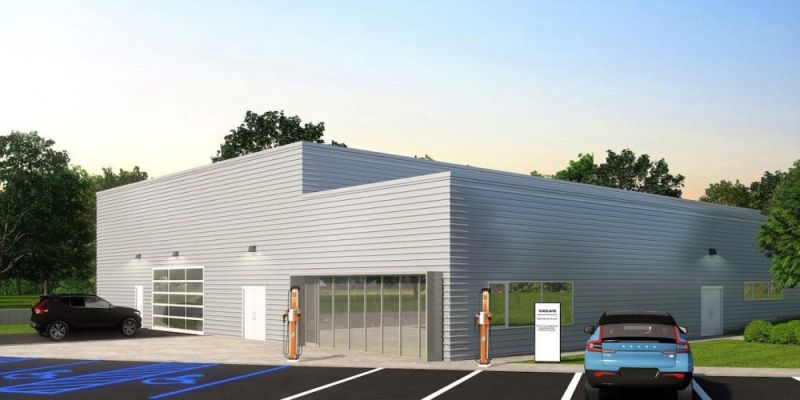
Volvo is Building a New EV Service and Training Facility at its U.S. Headquarters in New Jersey To Fast Track its Electrification Plans
-

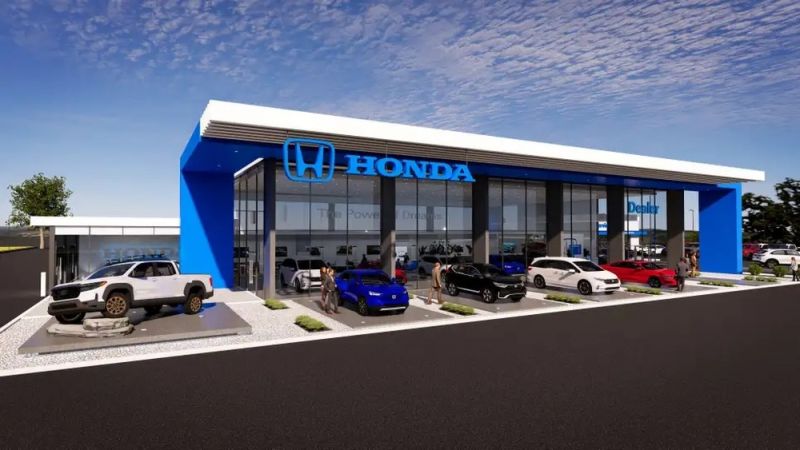
Honda's New EV Friendly Retail Plans Hint at the End of Mega Dealerships
-

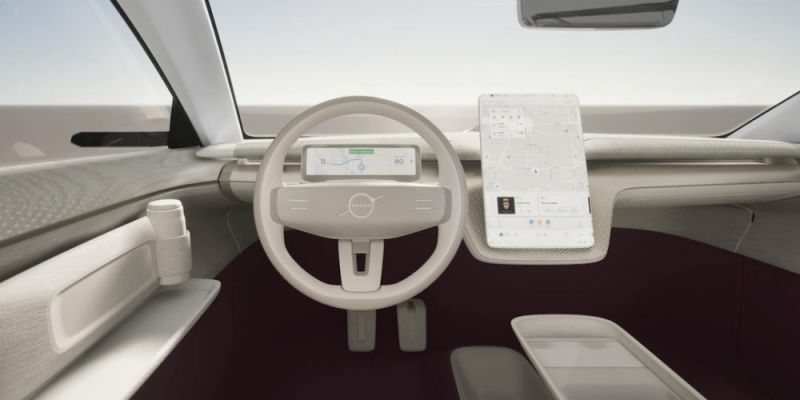
Volvo Cars and Epic Games to Partner on a High-Resolution 3D Digital Driver’s Display Powered by the Unreal Engine
-

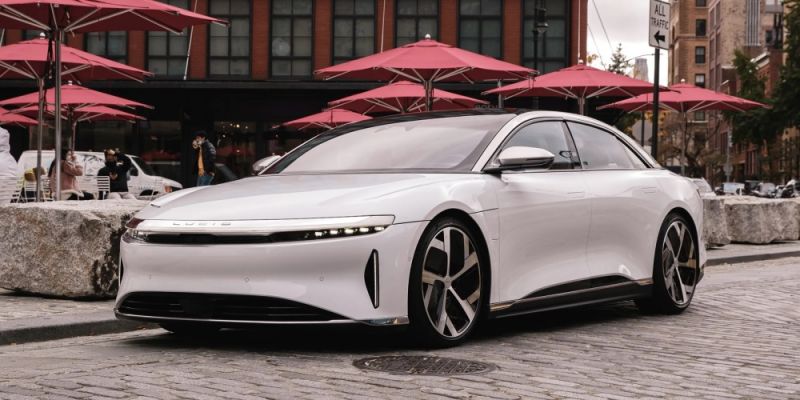
Here's One Way Lucid Motors Made the Air Sedan More Spacious for Passengers
-

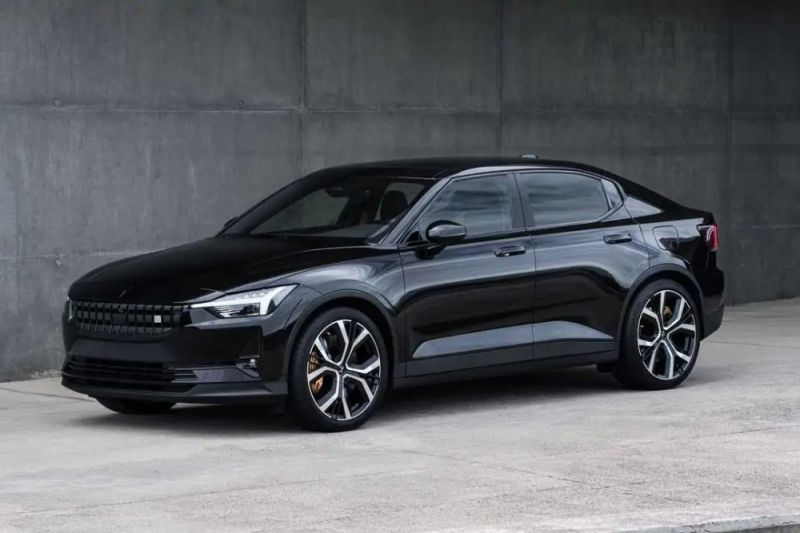
The 2023 Polestar 2: Delivery Updates, New Pricing, Color Options and New Tech
-

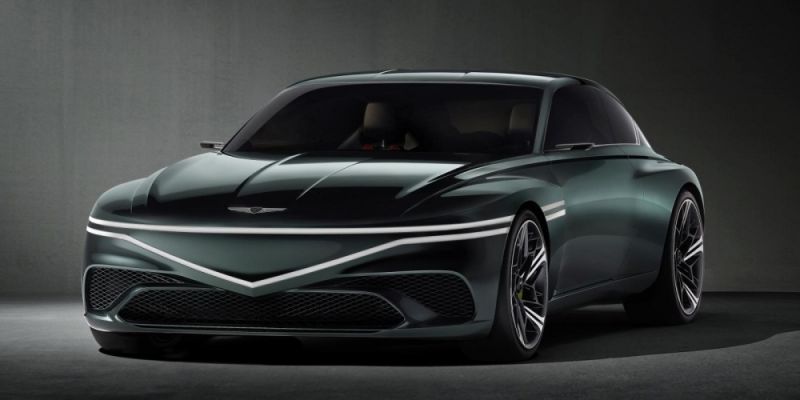
The Genesis X Speedium Coupe EV Concept Debuts in New York City
- Sony, Honda Sign Agreement for Joint EV Brand
- Ford Issues ‘Stop Sale’ of the Electric Mustang Mach-E Over Possible Loss of Propulsion While Driving
- Volkswagen’s Software Unit CARIAD to Co-Develop a System-on-Chip With STMicroelectronics for the Automaker’s Future Software-defined Vehicles
- EV Startup VinFast is Offering 3 Years of Free EV Charging and Advanced Driver Assist System for Customers That Reserve a Vehicle Through Sept 30
- Tesla Rival NIO Plans to Produce its Own EV Battery Packs to Improve Profitability
- Electric Truck Maker Rivian Opens the First Fast Chargers in Colorado for its Nationwide ‘Adventure Network’
- $12,500 Federal EV Tax Credit Proposal Reportedly Dropped
- Qualcomm and its Industry Partners Demonstrate C-V2X Technology in Georgia That Ensures School Buses and Fire Trucks Never Get Stuck at Red Lights
- Michigan-based May Mobility Closes on $111 Million Funding Round, Begins Development on Toyota’s Next-Gen Commercial Autonomous Vehicle Platform
- New Intelligent EV Company JiDU Reveals its Revolutionary Concept Production 'Robocar'











 About Us
About Us Contact Us
Contact Us Careers
Careers